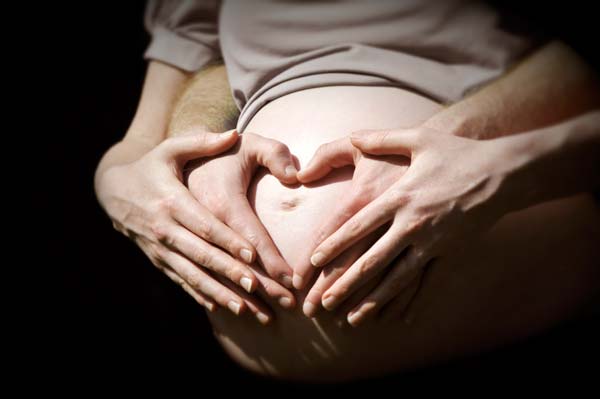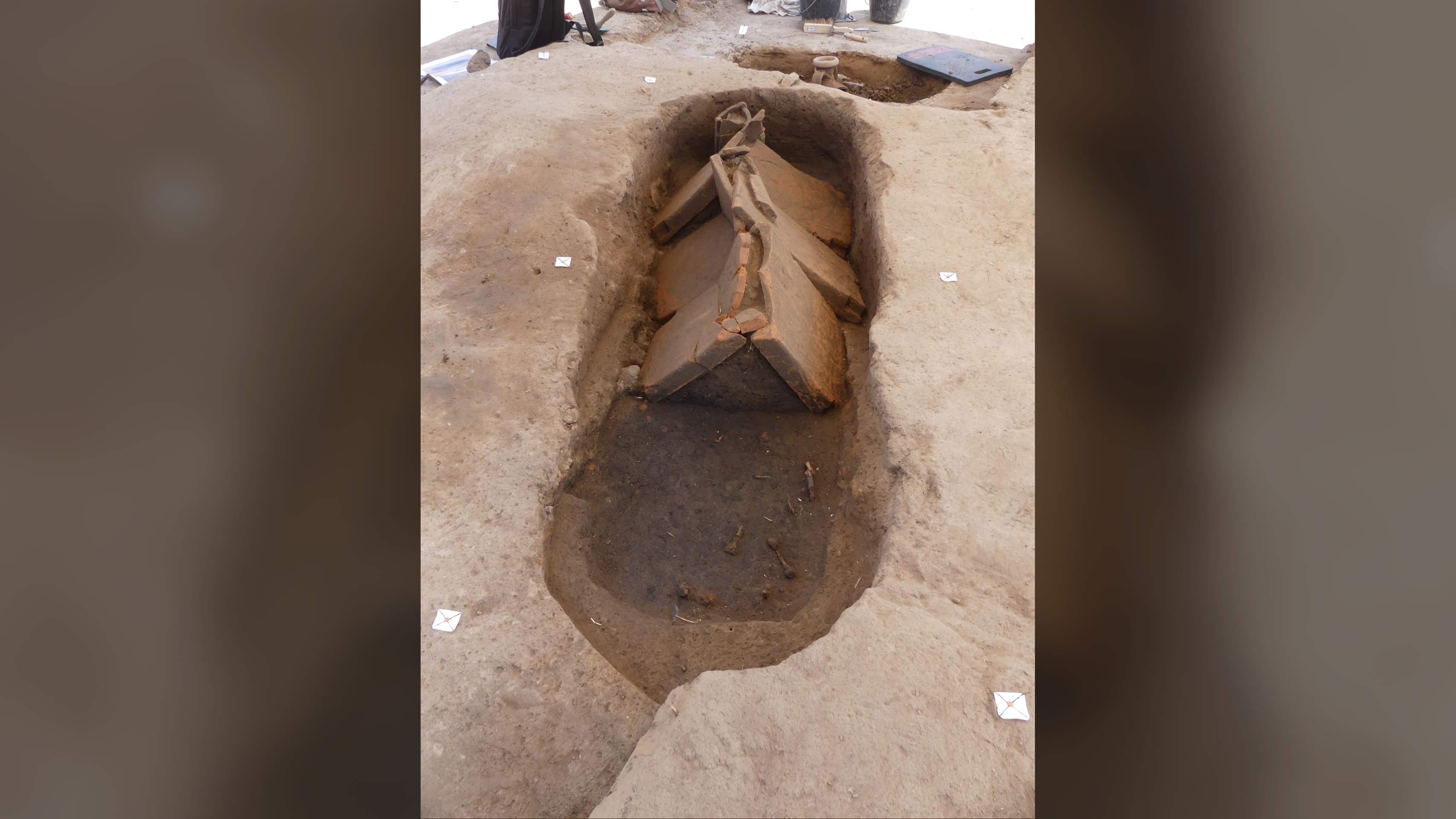Home Births Increase Risk for Babies

If you were born at home, you're not alone; about 1 out of every 200 babies in the United States are delivered at home. Home birthing has become an increasingly popular option among many women who desire a less clinical setting for their delivery, and an experience with fewer medical interventions (such as drugs and epidurals).
New research, however, suggests that babies born at home have an elevated risk of death compared to those born in hospitals.
The research, conducted by Dr. Joseph Wax and colleagues at the Maine Medical Center in Portland, was published by the American Journal of Obstetrics & Gynecology and based on a meta-analysis of international studies. It was the largest study to date, examining 342,056 planned home births and 207,511 planned hospital deliveries. (The "planned" criterion was important to distinguish between mothers who chose to give birth at home, and those who intended to deliver in a medical setting but were unable to for logistical or financial reasons.)
The authors found that women who gave birth at home had lower risk factors overall, fewer infections, less hemorrhaging, and so on. But, the research finds, this can come at a cost to the safety of their child: "Of significant concern, these apparent benefits are associated with a doubling of the neonatal mortality rate overall and a near tripling among infants born without congenital defects," the researchers said.
The research did not reveal exactly why newborn deaths were more likely with home births, however a high proportion of home-birth deaths were related to breathing problems.
The American College of Obstetricians and Gynecologists does not recommend home births, suggesting instead that children born in hospitals are safer — if for no other reason than professional medical help is immediately available in case of complications.
While the numbers are concerning, it's important to realize that the overall risk of death was very low regardless of the circumstances. This study found that out of every 10,000 babies, 15 died during a planned home birth, and 4 died during a planned hospital delivery. Thus well over 99 percent of all babies were delivered without life-threatening complications. This is, of course, little comfort to those whose babies were among that less than 1 percent.
Get the world’s most fascinating discoveries delivered straight to your inbox.
- Is 'Water Birth' Safe?
- 5 Myths About Women's Bodies
- Why New Moms Get 'Baby Blues'
Benjamin Radford is managing editor of the Skeptical Inquirer science magazine. His new book is Scientific Paranormal Investigation; this and his other books and projects can be found on his website. His Bad Science column appears regularly on LiveScience.

